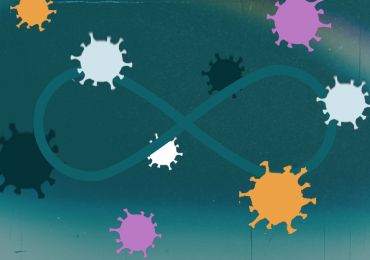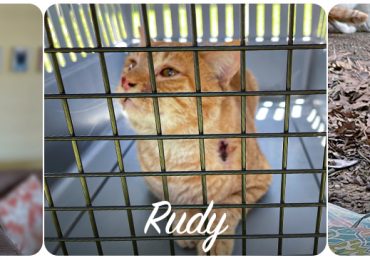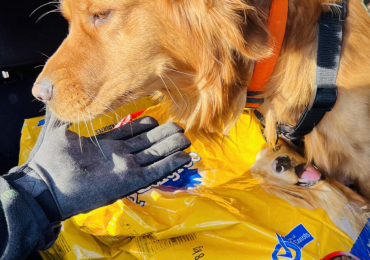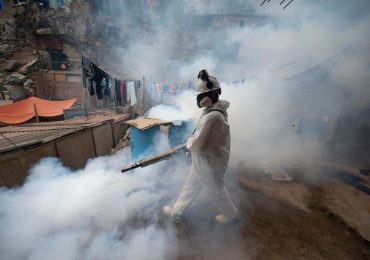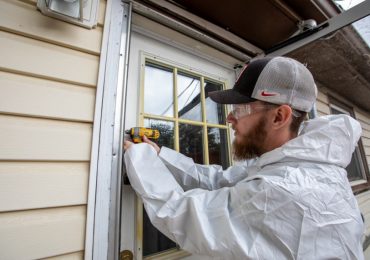In welcome news, China has not only upgraded the protection of Chinese pangolins to the highest level but has also removed pangolin scales from its traditional medicine pharmacopeia.
This is a big step forward in our work to end the cruel exploitation of wild animals and the global wildlife trade.
While this is a significant announcement, there is still more to be achieved. We want to see all wildlife removed from the pharmacopeia to end the suffering of countless animals and to reduce the spread of disease to humans.
Pangolins have been pushed to the brink of extinction by illegal hunting for their meat and scales.
Gilbert Sape, our head of campaign, bears and traditional medicine, says:
“The Chinese pangolin is critically endangered and the other seven species are threatened by extinction, so China’s upgraded protection of pangolins to the highest level is a very welcome move.
“Pangolin meat is considered a delicacy in China and Vietnam, and their scales are used in Traditional Asian Medicines. Yet, there is no scientific evidence in modern medicine to show that pangolin scales have certain therapeutic or health benefits. A large number of herbs and synthetic products can replace the wild animal products used in medicine.
“Pangolins are poached from the wild, often placed in squalid, cramped cages, creating a lethal hotbed of disease, as well as causing enormous suffering and cruelty.”
Pangolins – thought to be the most trafficked mammal on earth – have been in the spotlight since the start of the coronavirus COVID-19 pandemic, as it is believed they could have been an intermediate host that transmitted the virus to humans.
More than 70% of emerging zoonotic infectious diseases come from wildlife, meaning the demand for wild animals puts us all at risk.
“A permanent ban on all wildlife trade is the only long-term solution to keeping wild animals wild, eliminating animal suffering, and all importantly, preventing major health epidemics,” Gilbert added.
Thank you for supporting our ongoing work to keep all wild animals in the wild where they belong.
Leave a comment




